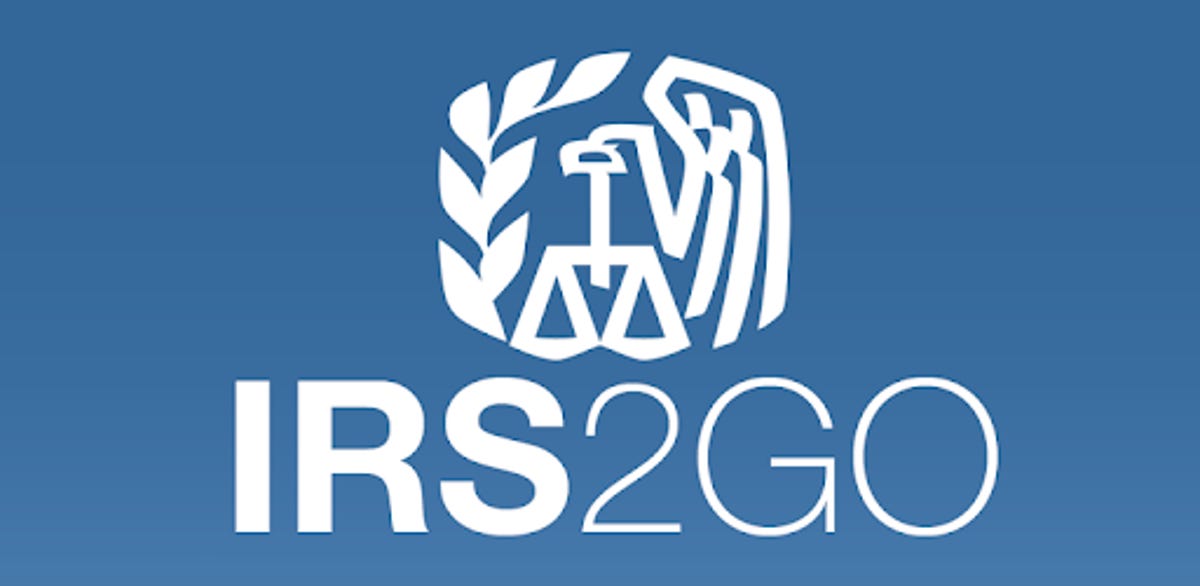Just one month into tax season, the IRS has already processed more than 34 million tax returns and refunded nearly $67 billion. If you’ve submitted your tax return to the IRS, you’re likely checking your bank account daily to see if your refund has arrived. But there’s a simpler way to find out when your money will come — you can use the IRS tool that lets you see the status of your tax refund.
We’ll tell you how to track the status of your refund and any money the IRS owes you. For more tax tips, here’s when you could expect to receive your child tax credit money. Filing on your own? Here are some of the best tax software options for 2024.
Read more: File Early and Get Up to 20% Off Your 2023 Taxes With TurboTax
How do I track the status of my 2024 tax refund?

The quickest way to monitor your tax refund is with the IRS’ Where’s My Refund? tracker page, which also lets you know if your return has been rejected because of errors.
To use the IRS’ tracker tools, you’ll need to provide your Social Security number or Individual Taxpayer Identification Number, your filing status (single, married or head of household) and your refund amount in whole dollars.
Go to the Get Refund Status page on the IRS website, enter your personal data then press Submit.
If you’re not taken to a page that shows your refund status, you may be asked to verify your personal tax data and try again. If all the information looks correct, you’ll need to enter the date you filed your taxes, along with whether you filed electronically or on paper.
Make sure it’s been at least 24 hours before you start tracking an online return, or up to four weeks if you mailed your return.
How do I track a refund from a previous year?
The Where’s My Refund tool lists the federal refund information the IRS has from the past two years. If you’re looking for return details from previous years, you’ll need to check your IRS online account.
From there, you’ll be able to see the total amount you owe, your payment history, key information about your most recent tax return, notices you’ve received from the IRS and your address on file.
Use the IRS2Go mobile app to track your refund

The IRS2Go app is available for both iOS and Android.
The IRS also has a mobile app called IRS2Go that can monitor your tax refund status. It’s available for both iOS and Android and in English and Spanish.
You’re able to see if your return has been received and approved in the app, and if a refund has been sent.
To log in, you’ll need your Social Security number, filing status and the expected amount of your refund. The IRS updates the app overnight, so if you don’t see a status change, check back the following day.
What does the status of my tax return mean?
The IRS tools will show you one of three messages explaining your tax return status.
- Received: The IRS now has your tax return and is working to process it.
- Approved: The IRS has processed your return and confirmed the amount of your refund if you’re owed one.
- Sent: Your refund is now on its way to your bank via direct deposit or as a paper check sent to your mailbox. (Here’s how to change the address on file if you’ve moved.)
Why does ‘Where’s My Refund’ show ‘Tax Topic 152’ or an IRS error message?
Although the Where’s My Refund tool typically shows a status of Received, Approved or Sent, there are a variety of other messages some users may see.
One of the most common is Tax Topic 152, indicating you’re likely getting a refund but it hasn’t been approved or sent yet. The notice simply links out to an informational topic page on the IRS FAQ website explaining the types and timing of tax refunds.
The delay could be an automated message for taxpayers claiming the child tax credit or earned income tax credit sent because of additional fraud protection steps.
Tax Topic 151 means your tax return is now under review by the IRS. The agency either needs to verify certain credits or dependents, or it has determined that your tax refund will be reduced to pay money that it believes you owe. You’ll need to wait about four weeks to receive a notice from the IRS explaining what you need to do to resolve the status.
There are other IRS refund codes that a small percentage of tax filers receive, indicating freezes, math errors on tax returns or undelivered checks. The College Investor offers a list of IRS refund reference codes and errors and their meaning.
Should I call the IRS about my refund?
Getting live phone assistance is notoriously difficult at the IRS. In 2022, only about 13% of taxpayers reached a human being, according to Erin M. Collins, the national taxpayer advocate.
Congress has since increased the agency’s funding, and the IRS said it has hired thousands of new telephone representatives. Still, the agency says you should call only if it’s been at least 21 days since you filed your taxes online or if the Where’s My Refund tool tells you to.
The IRS said wait times during tax season can average 4 minutes, but you may experience longer wait times on Monday and Tuesday, the IRS said, as well as during Presidents Day weekend (Feb. 17, 18 and 19) and around the April tax filing deadline.
You can call 800-829-1040 or 800-829-8374 during regular business hours.
Otherwise, the IRS is directing taxpayers to the Let Us Help You page on its website and to in-person help at Taxpayer Assistance Centers around the country. You can contact your local IRS office or call 844-545-5640 to make an appointment. If you’re eligible for assistance, you can also contact the Taxpayer Advocate Service at 877-777-4778.
What does ‘IRS TREAS 310’ mean on my bank statement?
If you receive your tax refund by direct deposit, you may see IRS TREAS 310 listed in the transaction. The 310 code simply identifies the transaction as a refund from a filed tax return in the form of electronic payment. You may also see TAX REF in the description field for a refund.
If you see a 449 instead of 310, it means your refund may have been offset for delinquent debt.
Why was my refund mailed instead of sent via direct deposit?
There are a few reasons why your refund may be mailed rather than deposited electronically into your account. Keep in mind:
- You must provide the correct account and routing number.
- Funds can only be deposited into an account with your name or your spouse’s name (or both for a joint account).
- The IRS can only do direct deposit for up to three refunds into one account.
If you’re receiving a refund check in the mail, here’s how to track it from the IRS office to your mailbox.




















+ There are no comments
Add yours